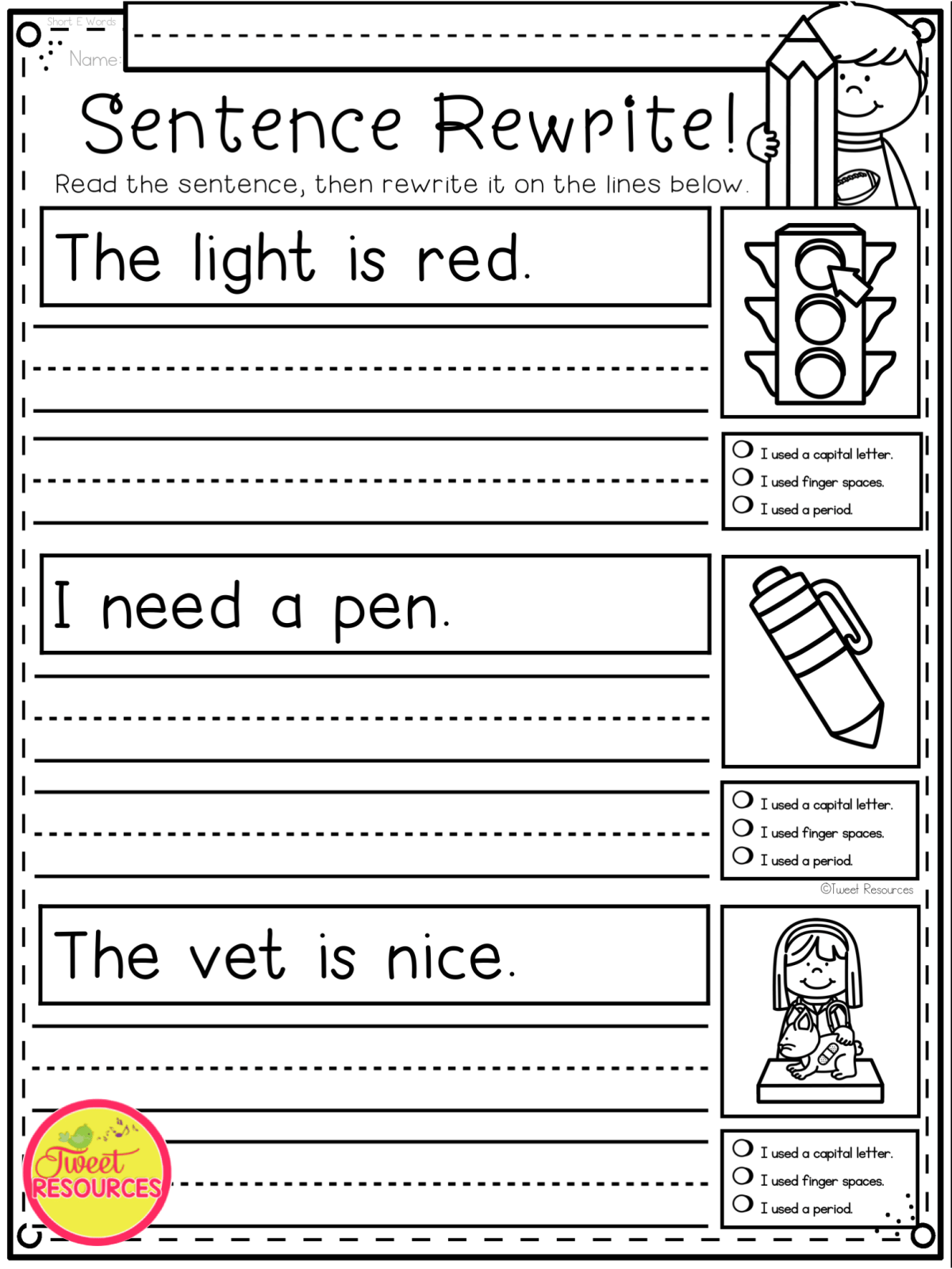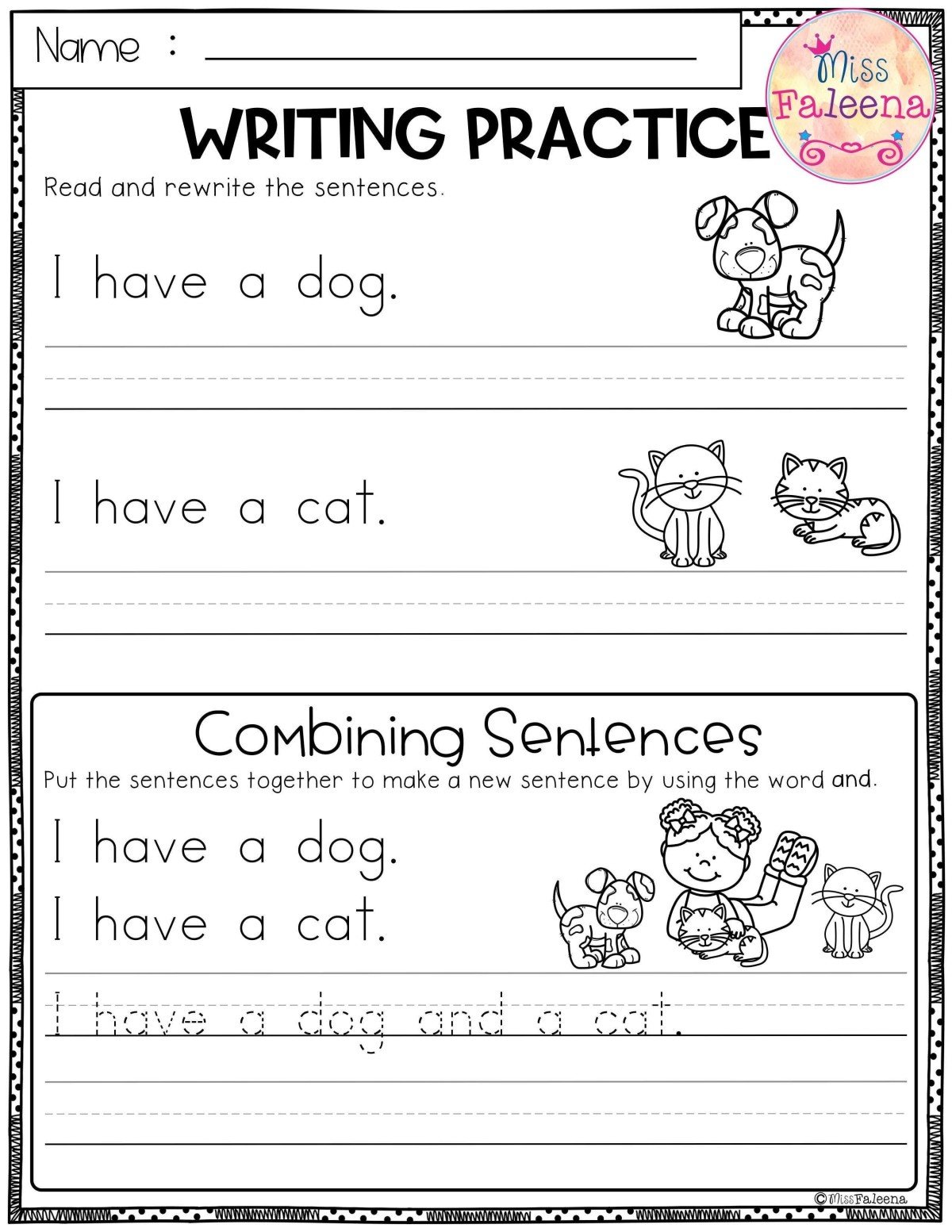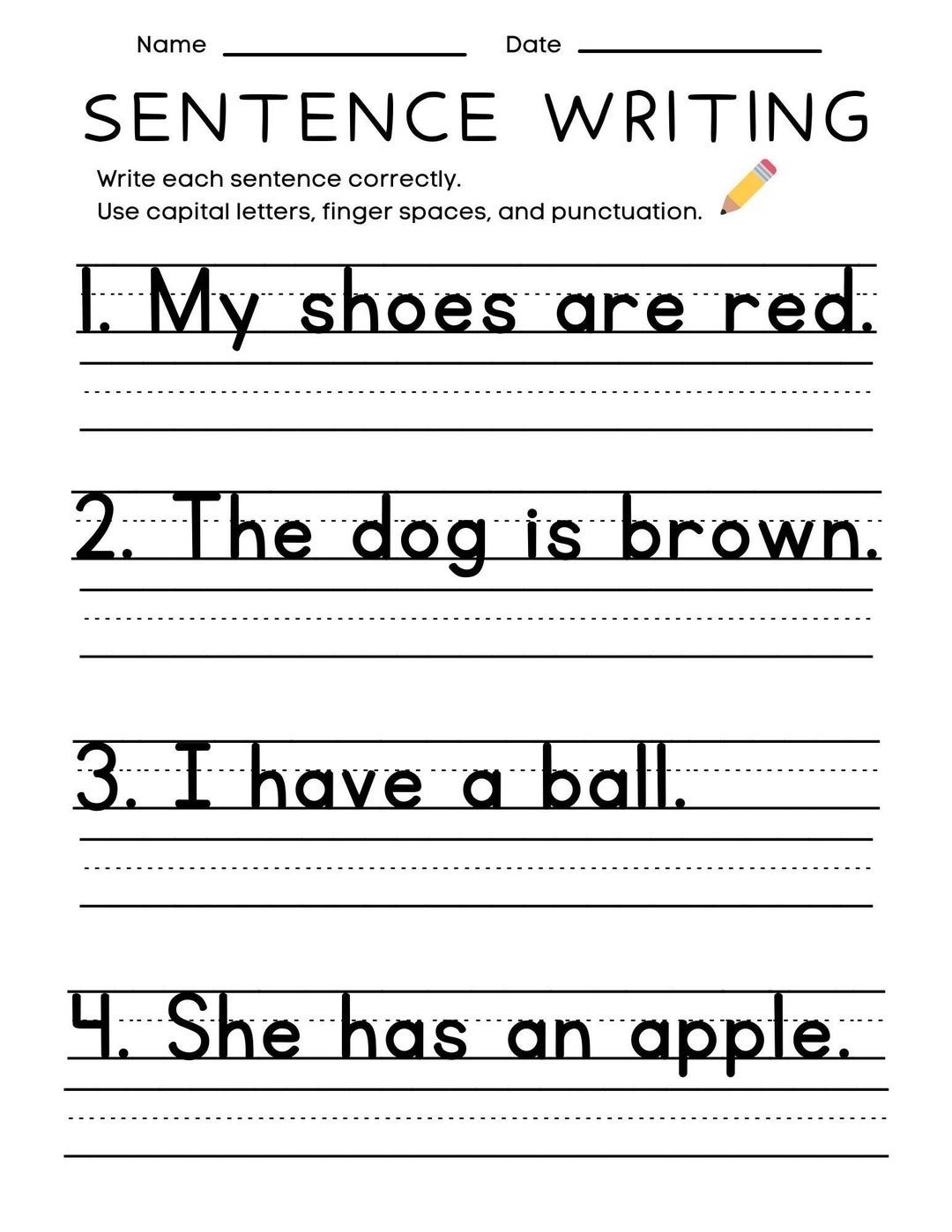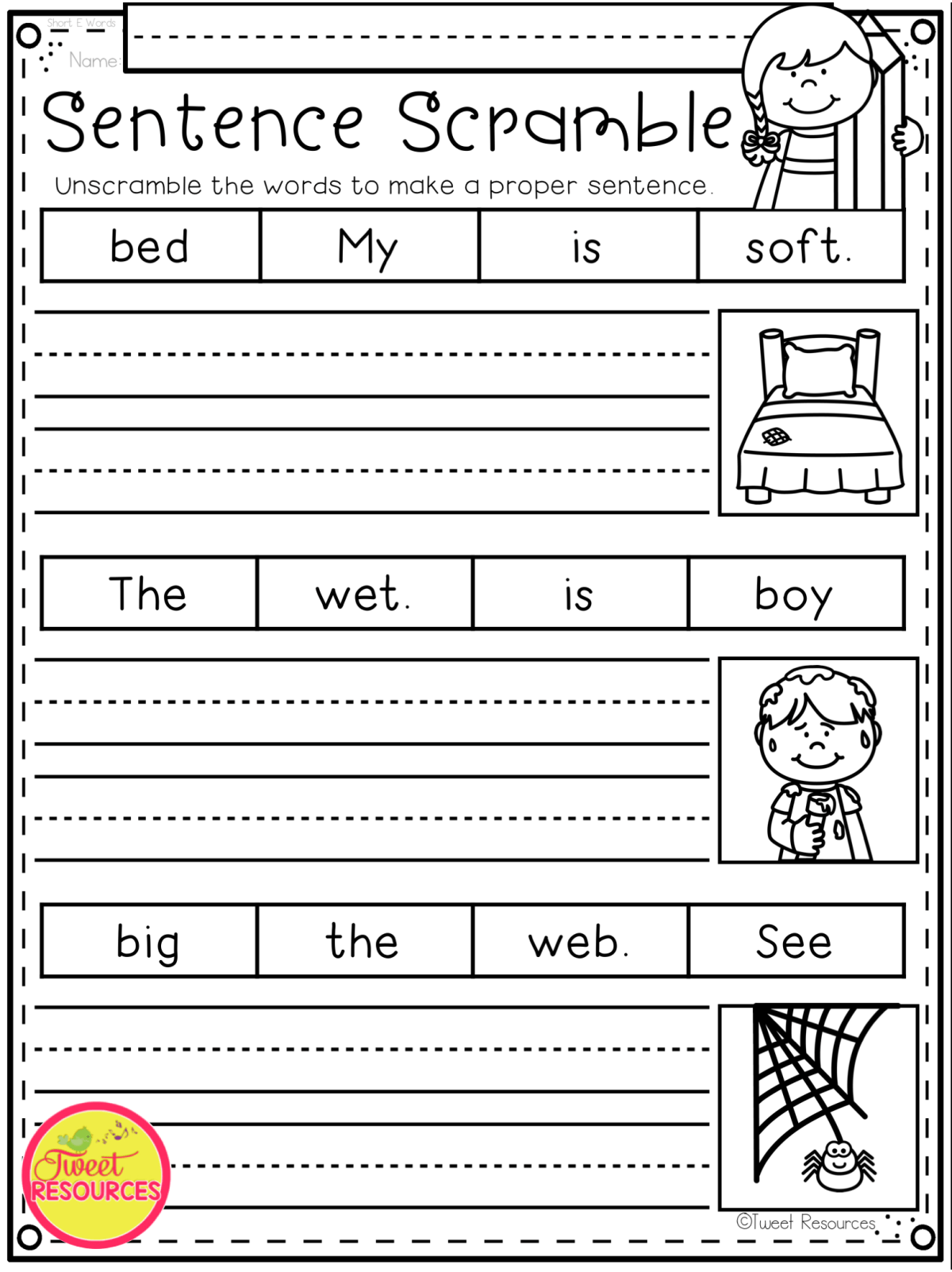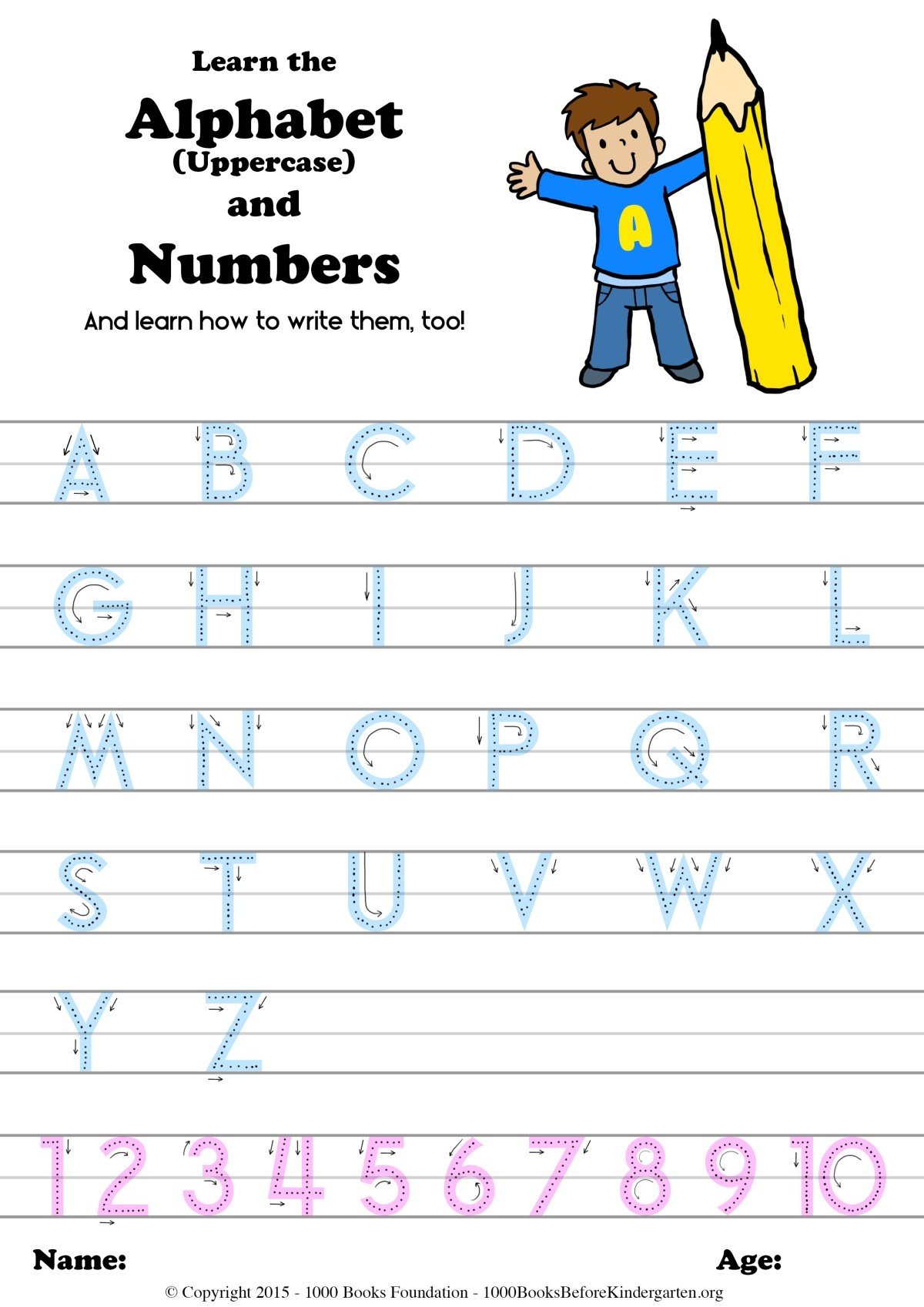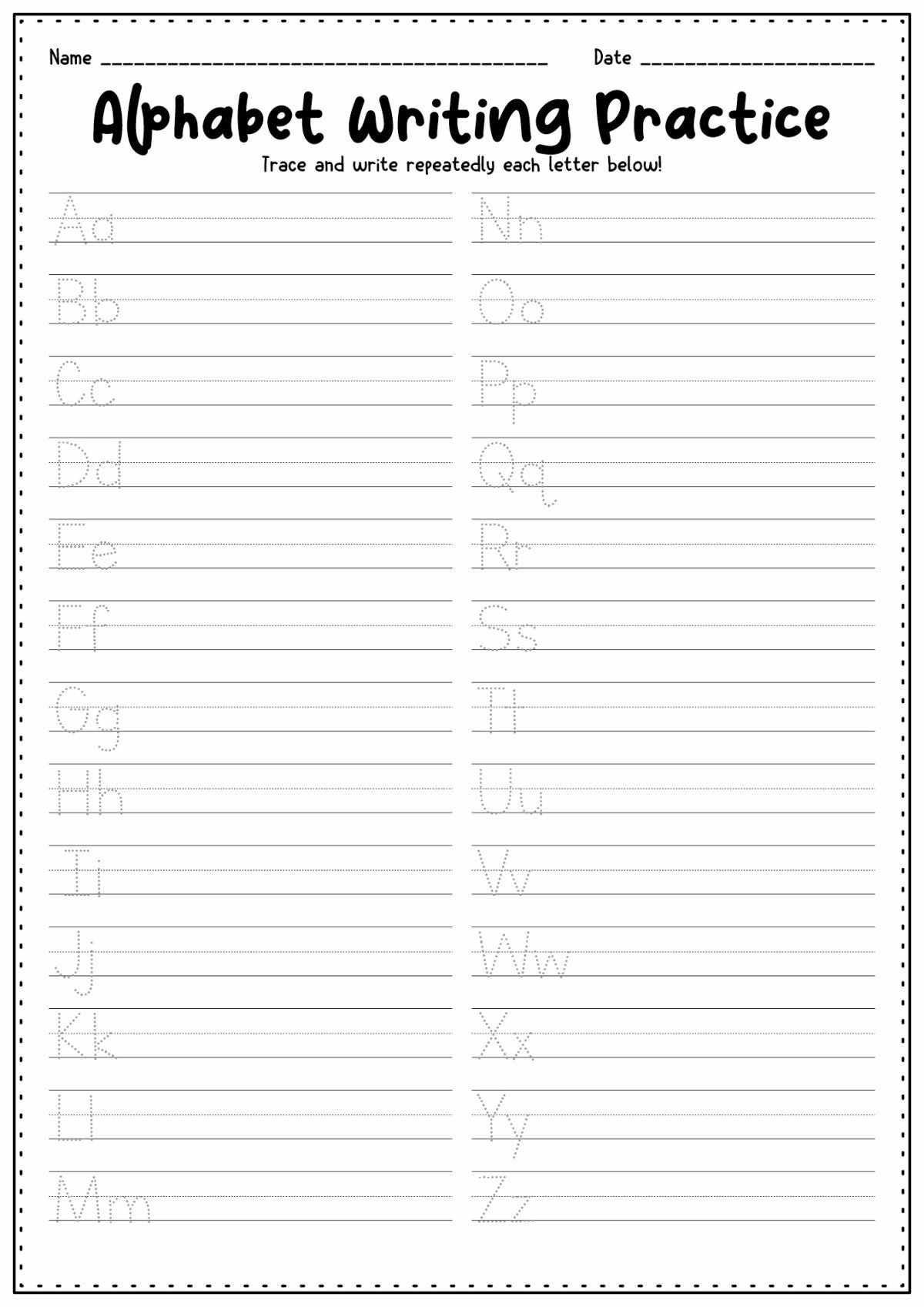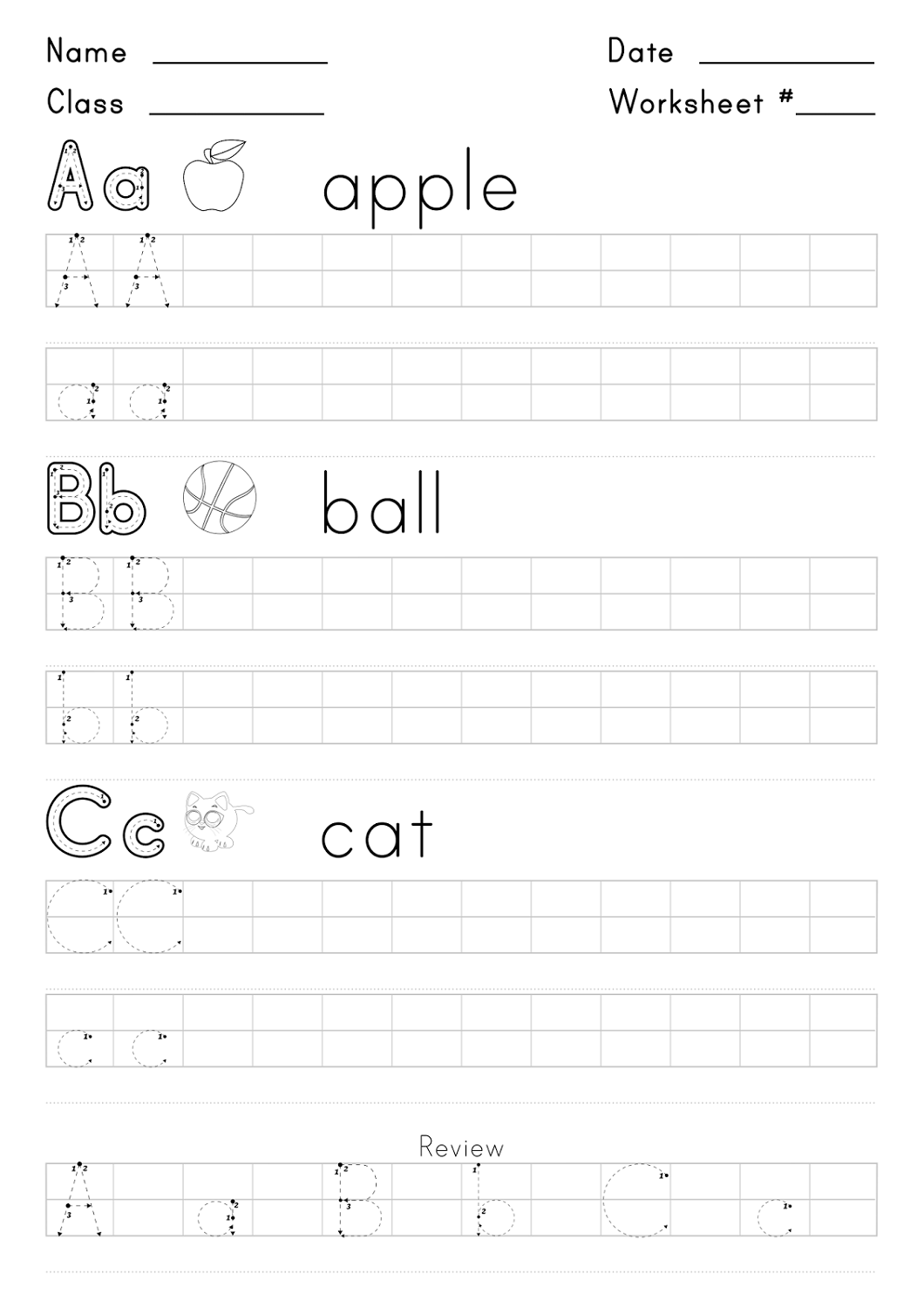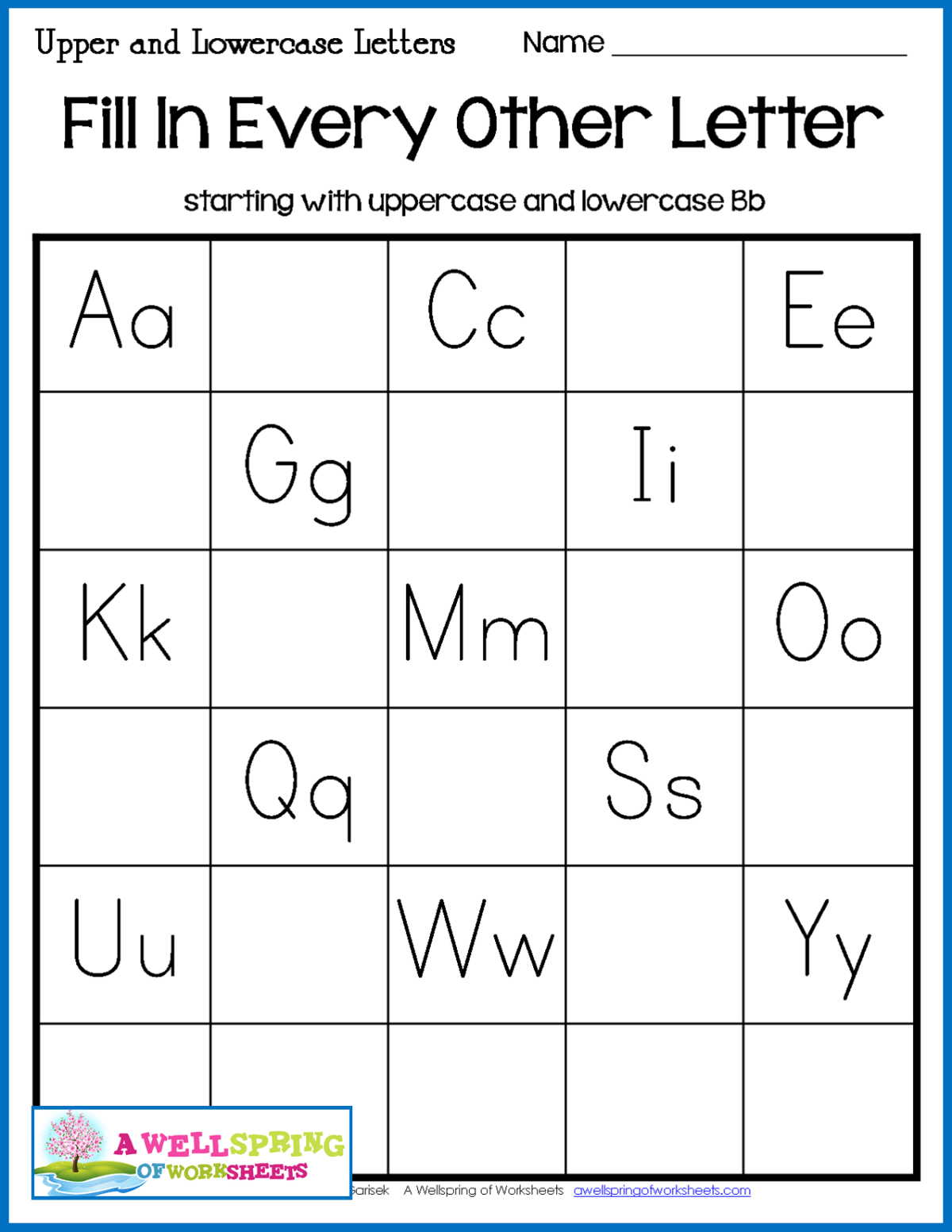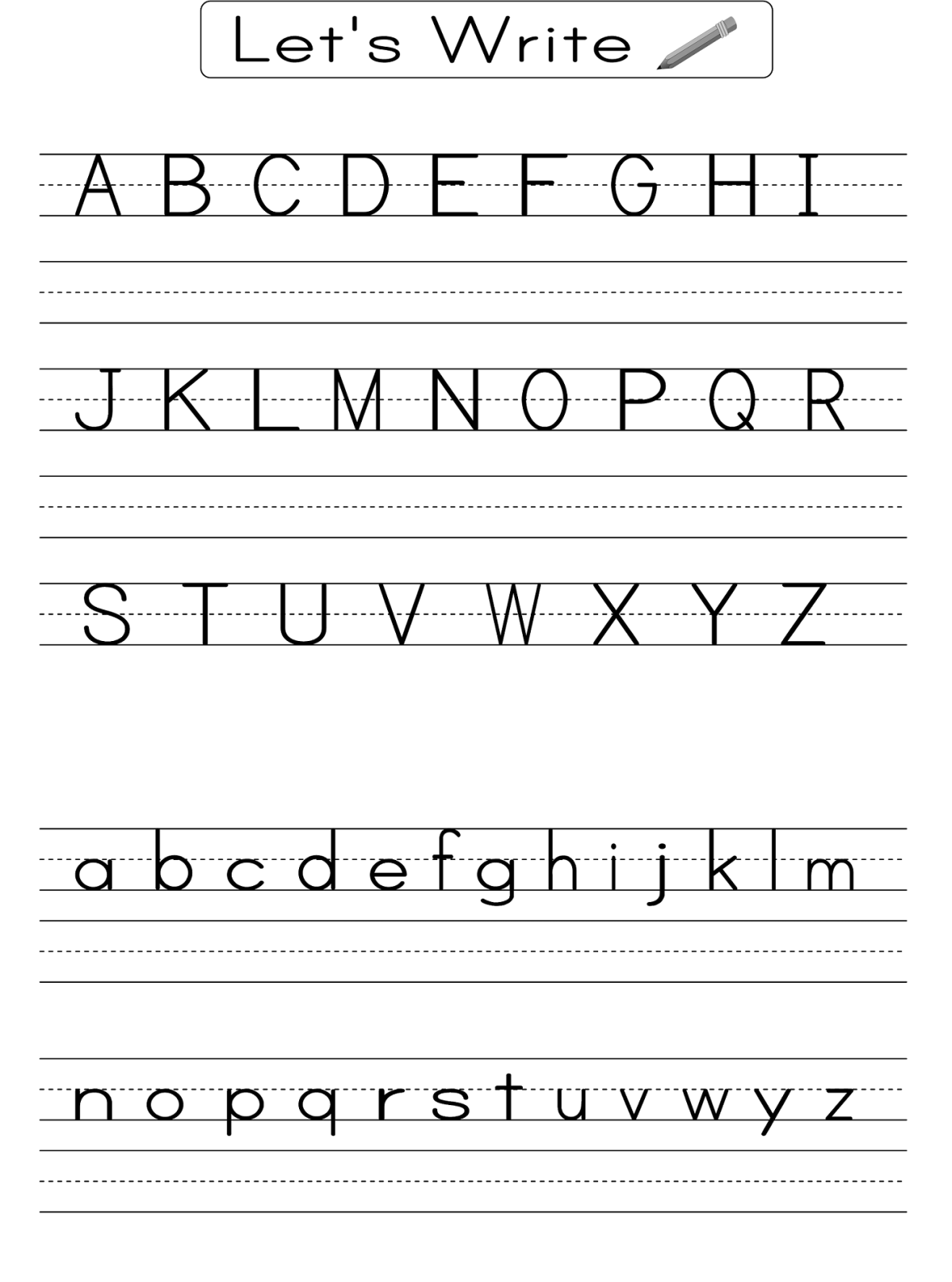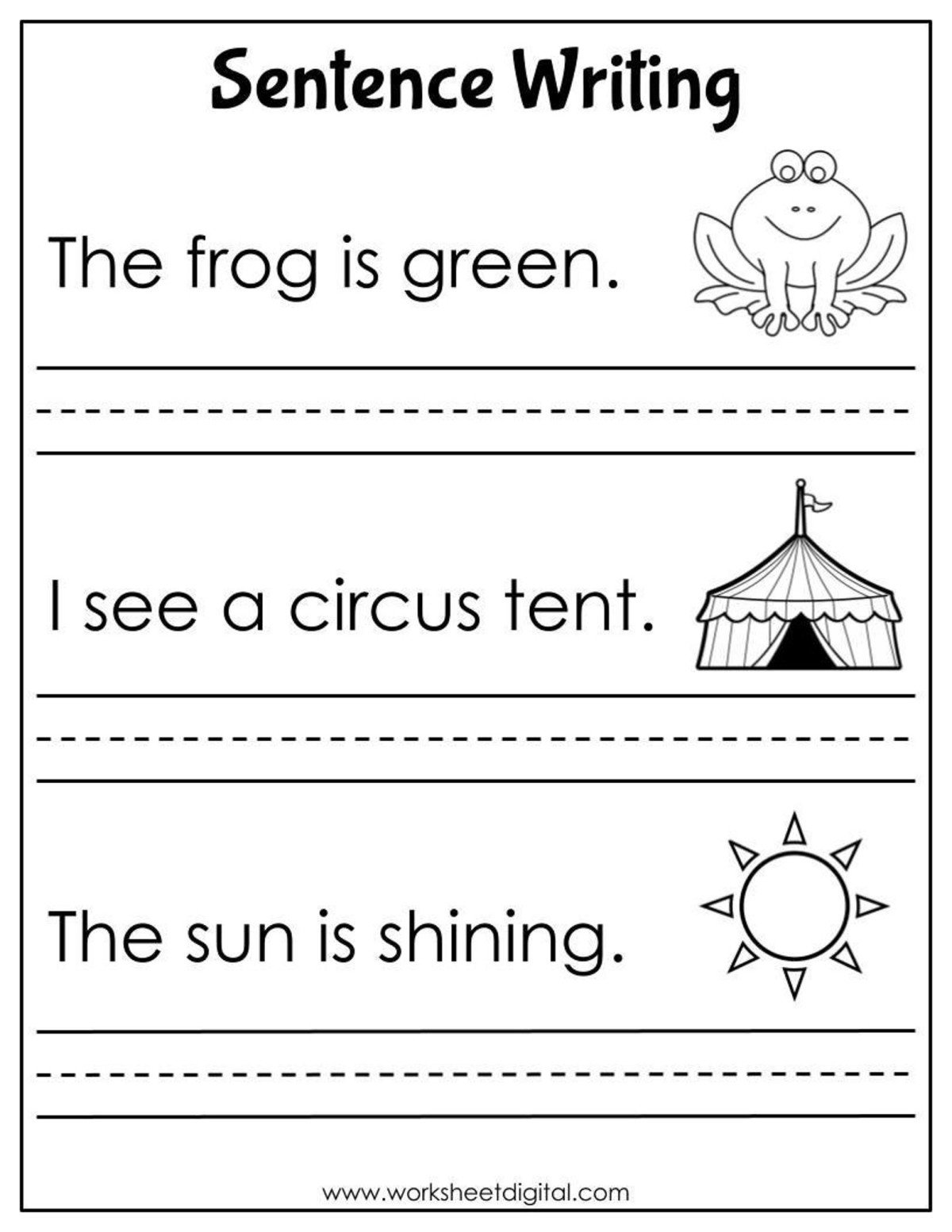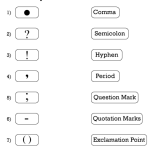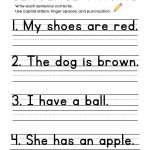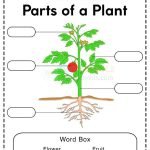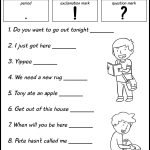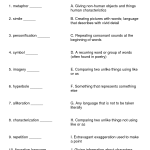Writing worksheets are specially designed resources that help individuals practice and improve their writing skills. These worksheets provide various exercises, prompts, and activities to assist learners in developing their grammar, vocabulary, sentence structure, and overall writing abilities.
Table of Contents
Types of Writing Worksheets
1. Grammar Worksheets: These worksheets focus on teaching and reinforcing grammar rules, such as verb tenses, sentence formation, punctuation, and parts of speech.
2. Vocabulary Worksheets: Vocabulary worksheets assist learners in expanding their word choices, understanding synonyms and antonyms, and improving their overall language skills.
3. Sentence Structure Worksheets: These worksheets help individuals grasp different sentence structures, including simple, compound, and complex sentences. They also provide practice in sentence combining and sentence variety.
4. Writing Prompts Worksheets: Writing prompts worksheets provide creative and thought-provoking prompts to inspire individuals to express their ideas, opinions, and experiences through writing.
5. Essay Writing Worksheets: These worksheets guide learners through the process of essay writing, from brainstorming and organizing ideas to developing a thesis statement and supporting arguments.
Benefits of Using Writing Worksheets
1. Skill Development: Writing worksheets offer a structured approach to improving writing skills by focusing on specific areas of improvement, such as grammar, vocabulary, and sentence structure.
2. Practice and Reinforcement: Worksheets provide ample opportunities for learners to practice writing in a guided manner, reinforcing their understanding of writing concepts.
3. Self-Paced Learning: Writing worksheets can be completed at an individual’s own pace, allowing for personalized learning and catering to different skill levels.
4. Enhanced Creativity: Writing prompts worksheets encourage individuals to think creatively and develop their unique writing style, fostering imagination and self-expression.
5. Progress Tracking: By using writing worksheets, learners can track their progress over time, identifying areas of improvement and celebrating their achievements.
Tips for Effective Use of Writing Worksheets
1. Consistency: Regularly practicing with writing worksheets can yield better results, so establish a routine and dedicate time to work on them consistently.
2. Variety: Utilize a mix of different types of writing worksheets to keep the learning process engaging and diverse.
3. Feedback and Review: Seek feedback from teachers, peers, or mentors to identify areas for improvement and learn from mistakes made while completing the worksheets.
4. Independent Exploration: Encourage learners to explore additional resources and practice writing outside of the provided worksheets to further enhance their skills.
5. Goal Setting: Set specific writing goals and use worksheets as tools to work towards achieving those goals, whether it’s improving grammar, expanding vocabulary, or enhancing overall writing fluency.
Incorporating writing worksheets into your learning routine can be a valuable tool in honing your writing skills. By practicing various writing exercises and receiving feedback, you can progress towards becoming a more confident and effective writer.
English Writing Worksheet
Free Writing Practice Combining Sentences This Product Has 3 Pages
Free Writing Sentences Worksheets
Free Printable Abc Writing Worksheets
Free Printable Learning To Write Worksheets
Free Handwriting Worksheets
Alphabet Write Worksheet
Kindergarten Worksheets English Writing
Printable Sentence Writing Worksheets Simple Sentenceswriting
